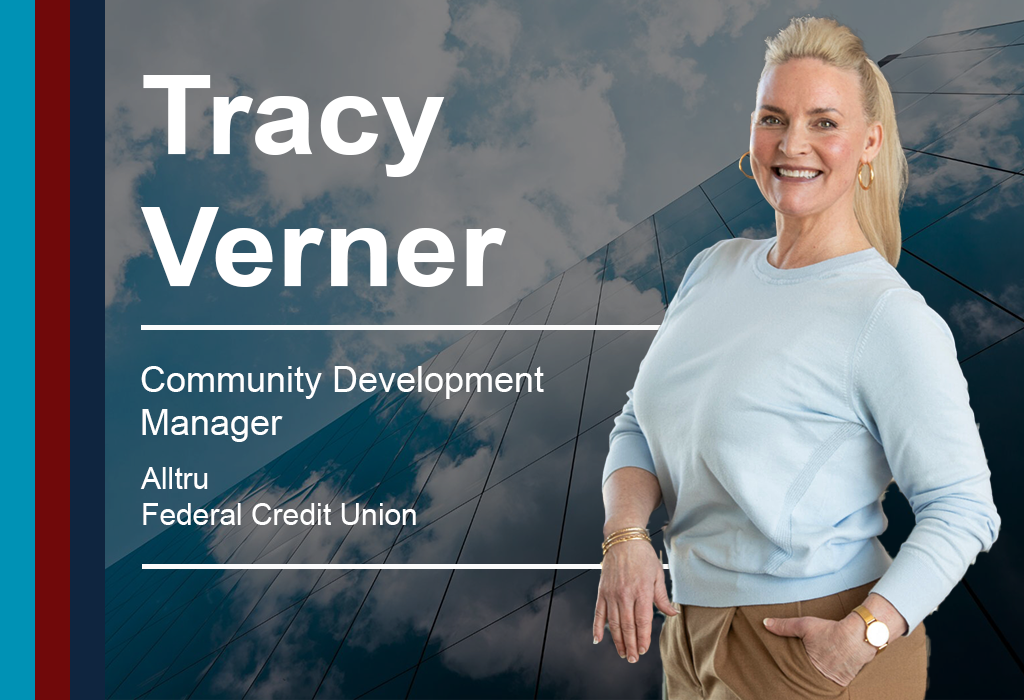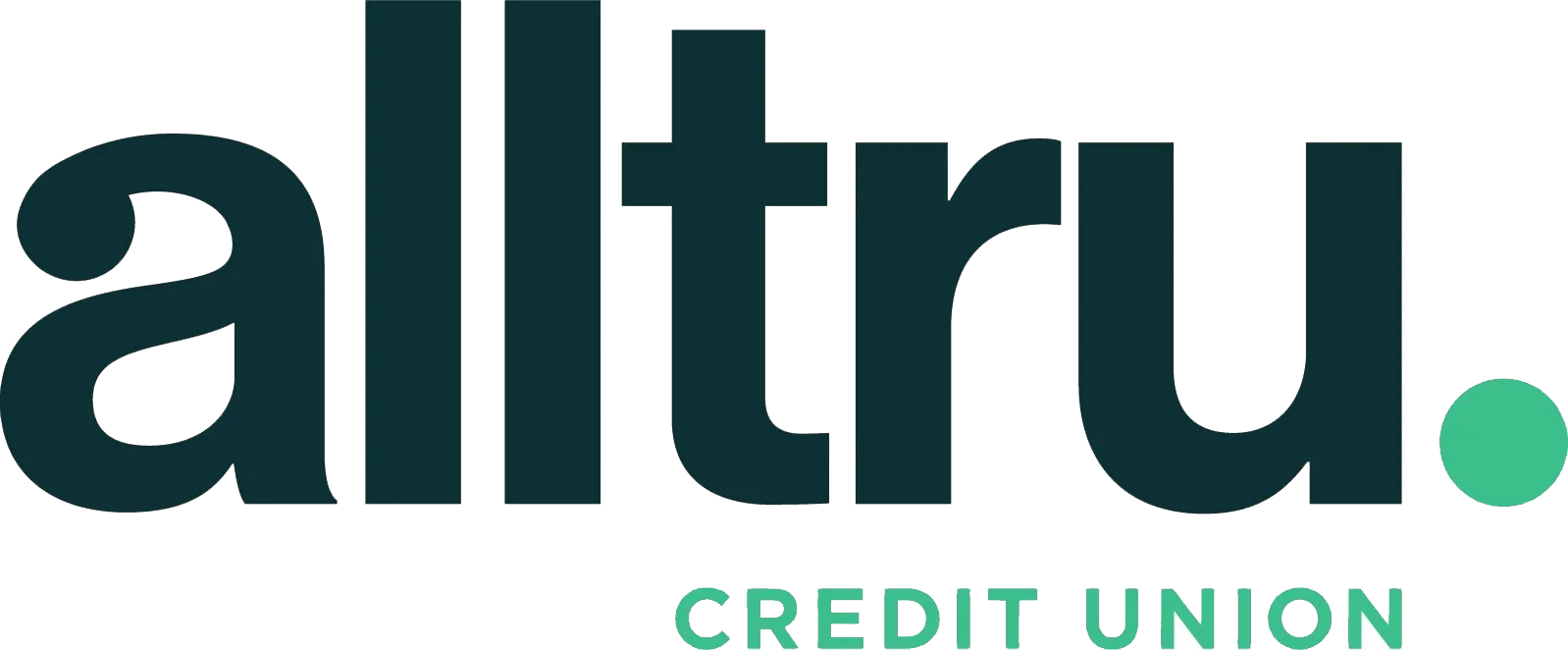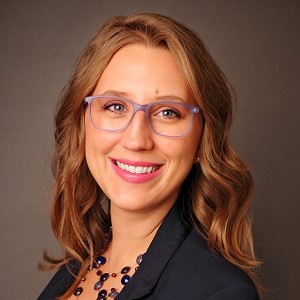
Build Trust And Financial Pathways That Last.
Predatory lending and high-fee prepaid cards aren’t just common in some communities; they’re often the only option for people without direct deposit or a checking account. This reality forces many to pay extra for basic financial services while missing out on opportunities to build the credit and stability they deserve.
Since joining Alltru FCU in 2013, Community Development Manager Tracy Verner has made it her mission to change this situation. Through fostering deep relationships with local organizations and launching innovative programs, Alltru is connecting underserved residents with direct deposit capabilities, holistic banking services, and credit-building tools designed to empower them financially.
In this exclusive client webinar, you’ll hear the story behind their approach and the results they’ve achieved. Tracy will share how the credit union has broken down financial barriers by building trust and creating more pathways to financial inclusion. Join us to learn how your credit union can create similar successes in your own community.
By Attending You’ll Learn:
- The types of partners Alltru chose to boost their financial access efforts.
- The measurable results of their programs.
- How Alltru built the relationships needed to identify and address unmet needs.
- Best practices and lessons learned you can adapt for your own community.
Register Your Spot
Guest Speaker:
Tracy Verner, Community Development Manager
As Community Development Manager at Alltru Credit Union, Tracy oversees strategic initiatives and community partnerships designed to expand access to safe, affordable financial services. Her work focuses on addressing barriers to banking created by disinvestment, segregation, and poverty.












